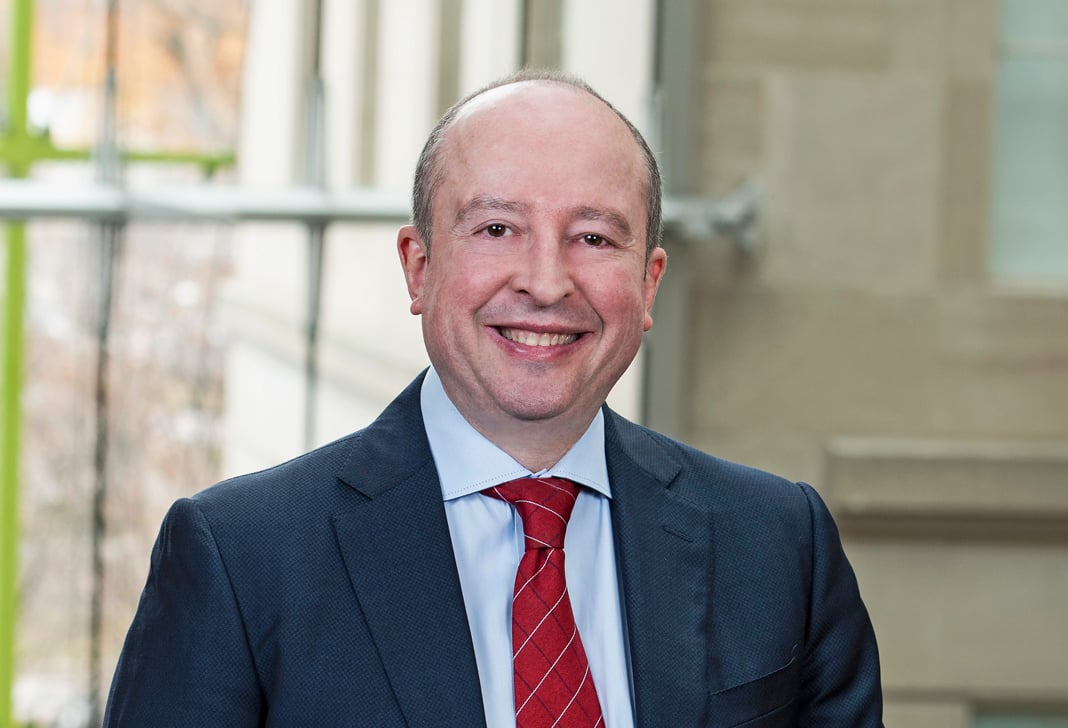
Brazilian Government Proposes Increase in Capital Gains Rates
On September 22, 2015, the Brazilian federal government proposed a new rule—Medida Provisória n. 692/2015 ("MP 692")—increasing the income tax rates applicable to capital gains realized by certain taxpayers from a transfer or sale of assets or rights. MP 692 will become effective on January 1, 2016, if duly adopted as a federal law by the Brazilian Congress.
Currently, capital gains are taxed at a rate of 15 percent for Brazilian individuals and foreign legal entities that are not subject to a specific tax regime. The proposed capital gains tax rates under MP 692 are as follows:
(a) 15 percent on capital gains up to R$1,000,000;
(b) 20 percent on capital gains exceeding R$1,000,000 and up to R$5,000,000;
(c) 25 percent on capital gains exceeding R$5,000,000 and up to R$20,000,000; and
(d) 30 percent on capital gains exceeding R$20,000,000.
Based on the U.S. Dollar/Brazilian Real exchange rate on September 29, 2015 (US$1.00 = R$4.05), the approximate thresholds above in U.S. Dollars would be as follows: (a) 15 percent tax rate would apply to capital gains of up to US$246,193; (b) 20 percent tax rate would apply to capital gains of up to US$1,234,567; (c) 25 percent tax rate would apply to capital gains of up to US$4,938,271; and (d) 30 percent tax rate would apply to capital gains exceeding US$4,938,271.
MP 692 expressly applies only to individuals residing in Brazil and to Brazilian legal entities not taxed based on actual profits (which is mandatory for most companies whose total revenues, in the previous calendar year, exceeded R$78 million per year), presumed profits (generally applicable to companies whose revenues fall short of the threshold for the actual profits regime but are not eligible for the simplified tax regime applicable to small businesses), or assessed profits. However, Brazilian law provides that foreign legal entities are subject to the same capital gains tax rates as individual Brazilian residents, unless a specific rule otherwise applies to such foreign entity. As a result, absent further clarification, Brazilian tax authorities may apply these new increased capital gains rates to non-Brazilian legal entities selling Brazilian assets or transferring Brazilian rights, which are not otherwise subject to another specific tax regime.
At this point, it is unclear what impact, if any, MP 692 will have on a nonresident legal entity that is subject to specific preexisting tax rules, such as an entity domiciled in a jurisdiction defined as a tax haven by Brazilian authorities. A foreign legal entity resident in a tax haven jurisdiction currently pays 25 percent income tax on capital gains in Brazil. It is also unclear if a specific tax regime applicable to a nonresident selling over a stock exchange, or resident in a country with an existing tax treaty with Brazil, will be affected by MP 692. However, it is our understanding that MP 692 should not change the capital gains tax treatment of an investment made by a nonresident investor in a Brazilian private equity fund (Fundo de Investimento em Participação), which is a common structure used by foreign private equity investors when making investments in Brazil.
In addition to raising the capital gains tax rate, MP 692 provides that where a single asset is sold in multiple transactions, any capital gains realized in the first transaction are added to capital gains realized in all subsequent related transactions for determining the applicable tax rate for the cumulative gain (with appropriate deductions for taxes paid in prior transactions). MP 692 further establishes that for the purpose of determining the applicable capital gains tax rate, shares or quotas issued by a legal entity will be considered part of a single asset or transaction, in the event of a transfer or sale in a series of related transactions. The proposed rule creates a mechanism that prevents a taxpayer from circumventing the application of the new capital gains tax rates by characterizing the transaction as a number of separate smaller transfers or sales to take advantage of the graduated rates.
In addition, it should be noted that MP 692 may apply to a transaction consummated before the effective date of the increased tax rates but where any payments are made after January 1, 2016. Depending on the payment structure adopted by parties in a particular transaction, the Brazilian tax authorities may determine that a payment which was subject to a condition subsequent (such as an earn-out payment) constitutes a new taxable event, separate from the original transaction, if it occurs after January 1, 2016, and is therefore subject to the new tax rates established by MP 692.
MP 692 is only one of several measures under consideration by the Brazilian government aimed at shoring up Brazilian public finances. Additional measures are expected to be announced in the coming weeks.





